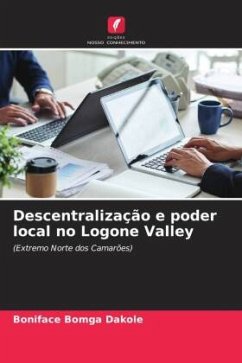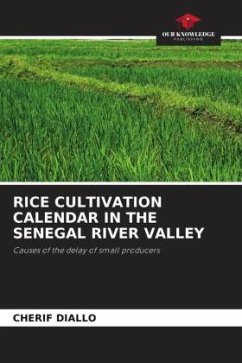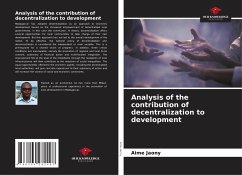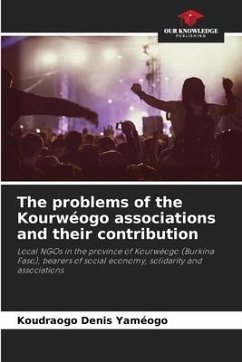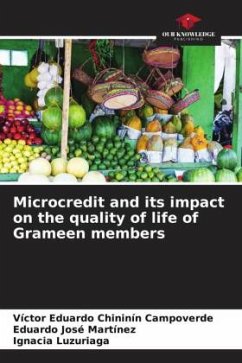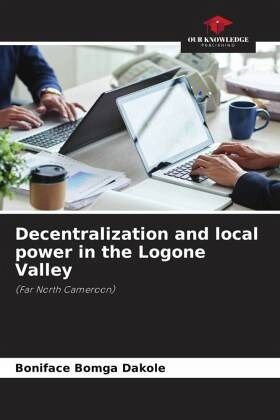
Decentralization and local power in the Logone Valley
(Far North Cameroon)
Versandkostenfrei!
Versandfertig in 6-10 Tagen
29,99 €
inkl. MwSt.

PAYBACK Punkte
15 °P sammeln!
Political instability, low state financial capacity, resurgent identities and the opposition of many national political actors explain to a large extent the slow pace of decentralization in the Logone Valley. The local elections of 2013 and 2020 in Cameroon saw the emergence of municipal councils as new actors in local politics and the introduction of senators, regional councilors and city mayors in place of government delegates in the decentralization process. This study proposes to analyze the dynamics generated by the decentralization process in a local political arena. Here, it is a questi...
Political instability, low state financial capacity, resurgent identities and the opposition of many national political actors explain to a large extent the slow pace of decentralization in the Logone Valley. The local elections of 2013 and 2020 in Cameroon saw the emergence of municipal councils as new actors in local politics and the introduction of senators, regional councilors and city mayors in place of government delegates in the decentralization process. This study proposes to analyze the dynamics generated by the decentralization process in a local political arena. Here, it is a question of taking a portion of territory, in the departments of the Far North region of Cameroon. This analysis will focus on the role played by two types of actors: so-called traditional chiefs and national executives (senior executives, teachers, customs officers, community activists, etc.).




